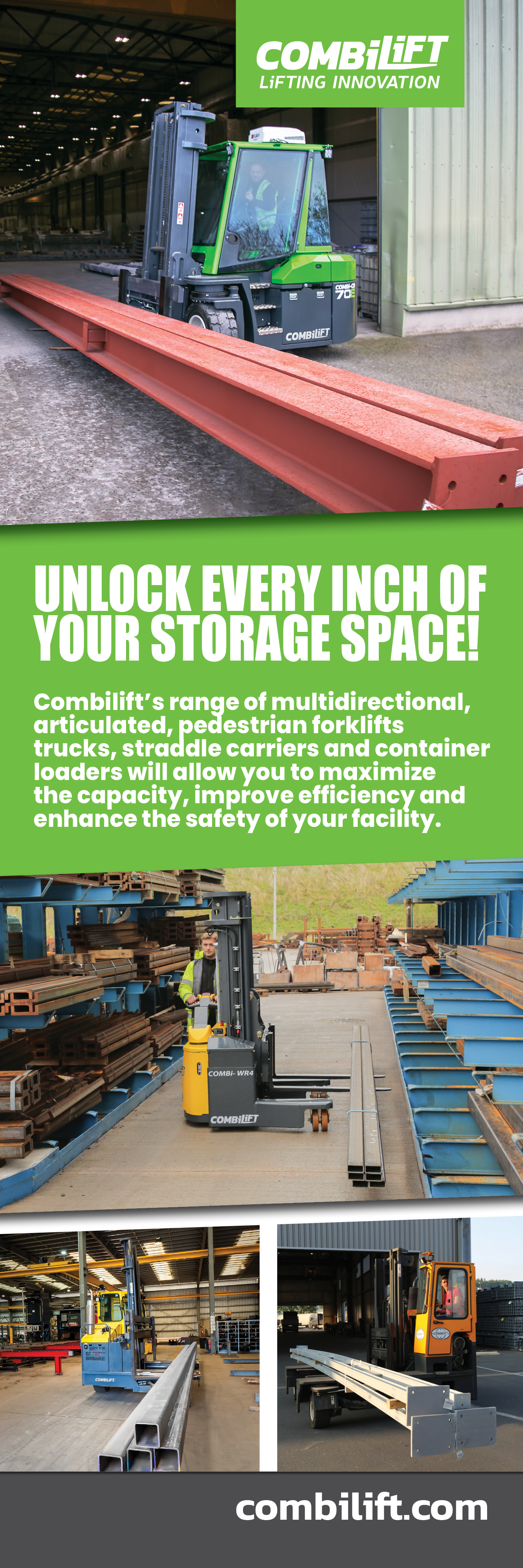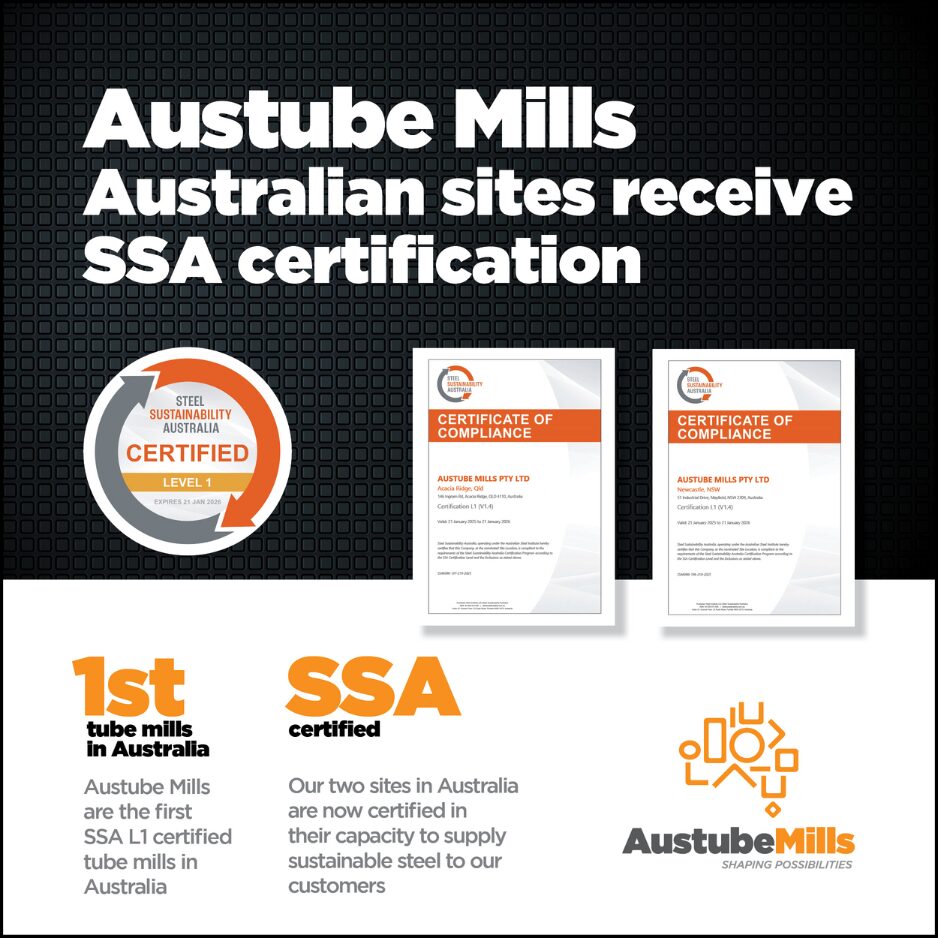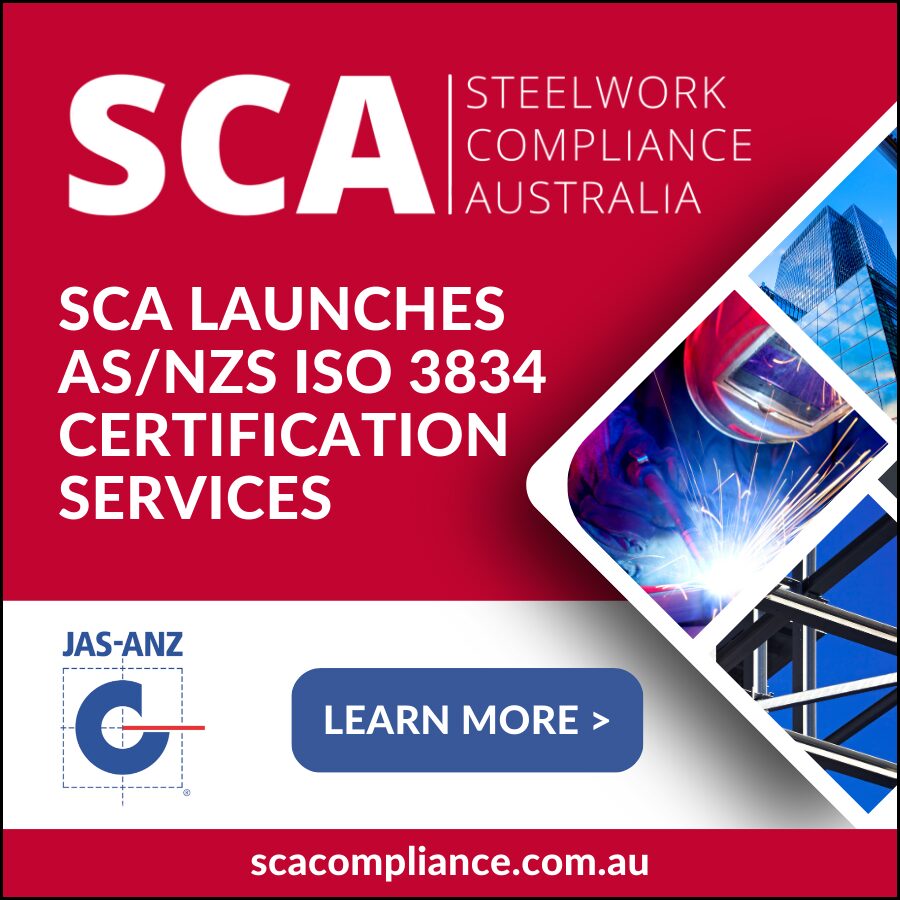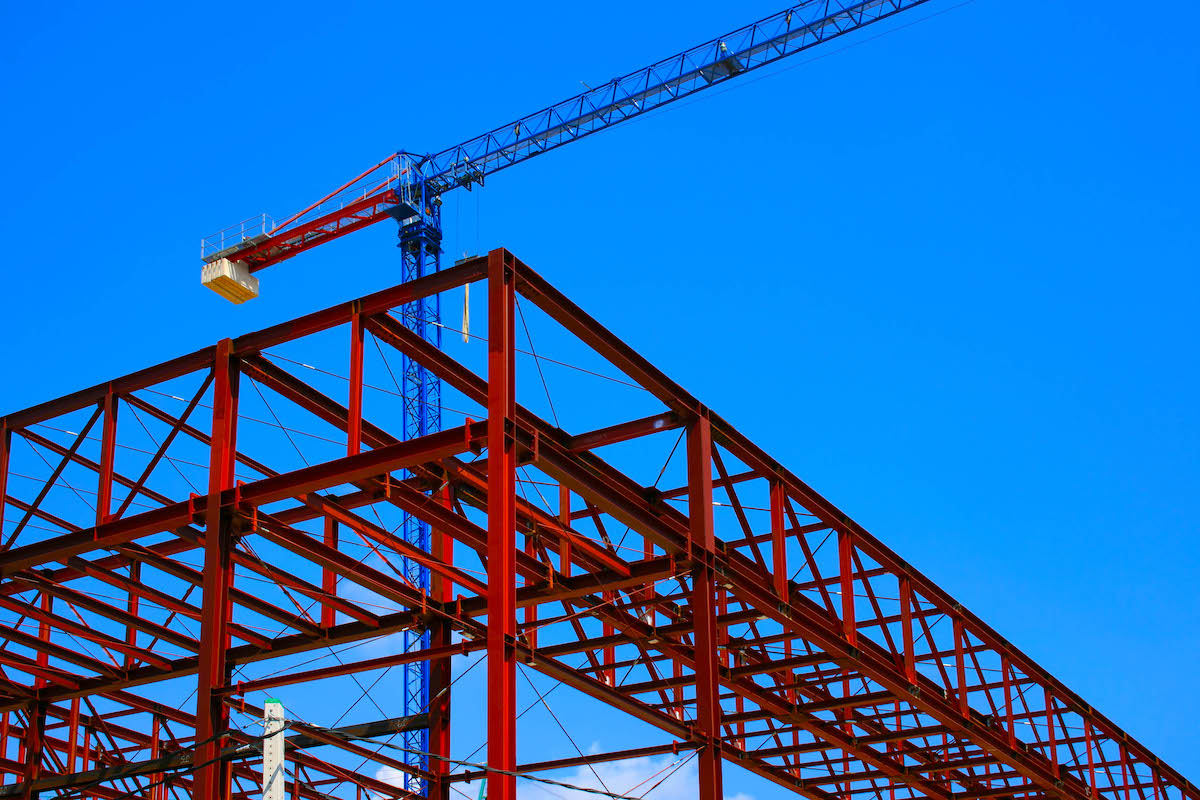Steelwork Compliance Australia (SCA)
The ASI welcomed a new Steelwork Compliance Australia (SCA) certification offering in 2025 that includes AS/NZS ISO 3834 certification alongside the existing AS/NZS 5131 scheme. The expanded scheme:
- Optimises efficiency in the auditing process.
- Improves cost effectiveness.
- Reduces administrative workload.
- Provides the pathway to meet specifications requiring both standards.
The certification under the National Structural Steelwork Compliance Scheme (NSSCS) is JAS-ANZ accredited for both standards. The expansion enables fabricators to better meet quality and safety requirements specified by government departments and the private sector as a prerequisite for tendering for projects.
SCA has 155 companies currently certified, with numbers expected to increase with the new offering to clients.
For details, see: https://www.scacompliance.com.au.
ShedSafe
ShedSafe is the ASI’s third party accreditation and training program for shed manufacturers, buyers and builders. Buyers purchasing a ShedSafe-accredited shed can be confident in the engineering, steel products and site specifications of the steel shed. ShedSafe activities in the past 12 months included:
- Reviewing working at heights requirements for sheds.
- Upgrading the ShedSafe site check program to provide improved topography calculations and engineers report.
- Developing an ‘AS 4055 wind loads for housing’ option for site check
- Working with members to enable supply of habitable buildings to meet strong demand for a robust class 1a structure (a ‘Shome’).
For details, see: https://www.shedsafe.com.au.
Steel Sustainability Australia (SSA)
The Steel Sustainability Australia (SSA) certification program remains at the forefront of promoting sustainable practices within the steel supply chain. The program continues to assess and certify downstream steel suppliers including fabricators, roll formers and reinforcing processors, while also verifying upstream steel producers against best practice environmental, social and governance indicators.
Now in its third year, the program has achieved a notable 20% increase in registrations compared to last year, with a total of 86 companies and 109 sites now registered. Of these, 78 sites (representing 72%) have successfully attained certification, demonstrating continued commitment to sustainability across the sector. Fabricators continue to represent the largest proportion of registrations, accounting for 57% of total participants, followed by reinforcing processors who make up 24% of registrations.
Additionally, SSA worked closely with the New Zealand Sustainable Steel Council (SSC) to support their application as an approved initiative under the Green Star rating tool, which was successfully awarded to SSC in early 2025.
In 2025 SSA further strengthened its partnerships by working with the Infrastructure Sustainability Council (ISC) and in May was awarded recognition as a Type 1 ISC Approved Environmental Label – the highest rating within the ISC’s Design and As Built Rating tool. This leads the way for SSA clients to supply sustainable steel to a wide range of government and private sector infrastructure projects, including rail, roads, freeways, bridges, tunnels, airports and train stations, seeking IS ratings.
The SSA certification enables ASI members and steel suppliers within the value chain to:
- Demonstrate and provide assurance that their operations meet best practice sustainability standards.
- Enhance operational efficiency while reducing business costs.
- More effectively meet sustainability requirements set by government as part of its drive towards Net Zero carbon emissions.
- Deliver sustainable steel to Green Star and Infrastructure Sustainability Council projects, helping both government and private sector projects achieve their sustainability targets.
With government increasingly specifying IS and Green Star ratings, as well as private sector infrastructure projects and Tier 1 and 2 contractors setting their own sustainability targets, the demand for SSA certification continues to grow. In addition, the introduction of mandatory sustainability reporting and climate-related disclosures further amplifies the need for sustainability credentials.
SSA will continue to work closely with the steel industry, government organisations and private sector stakeholders within the built environment to advocate for a sustainable and responsible steel supply chain in Australia.
For details, see: https://www.steelsustainability.com.au.











